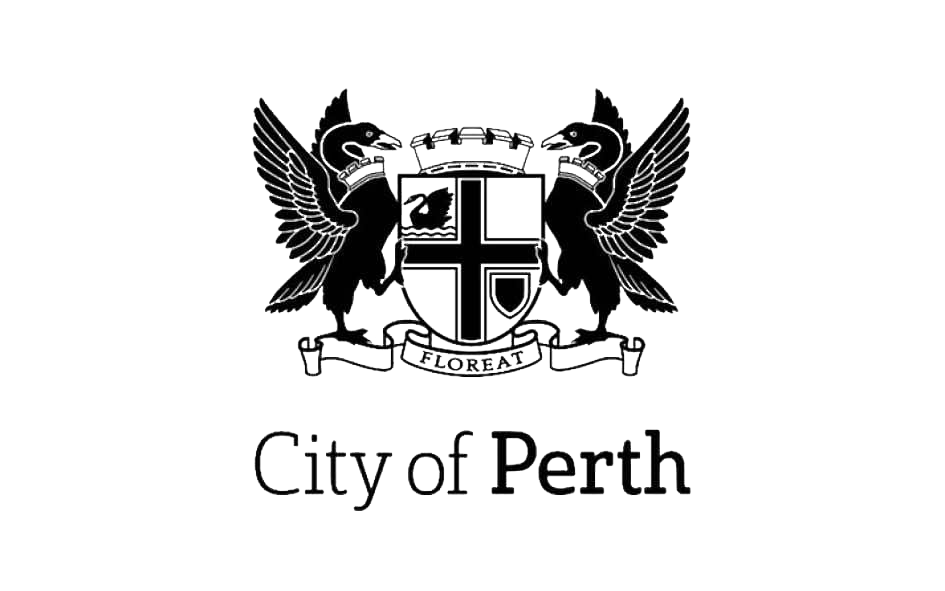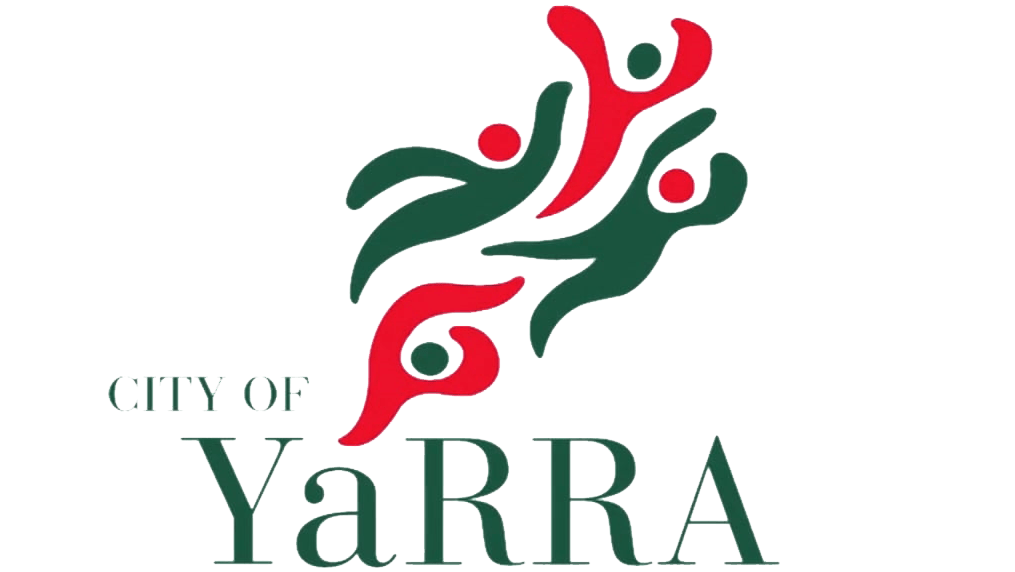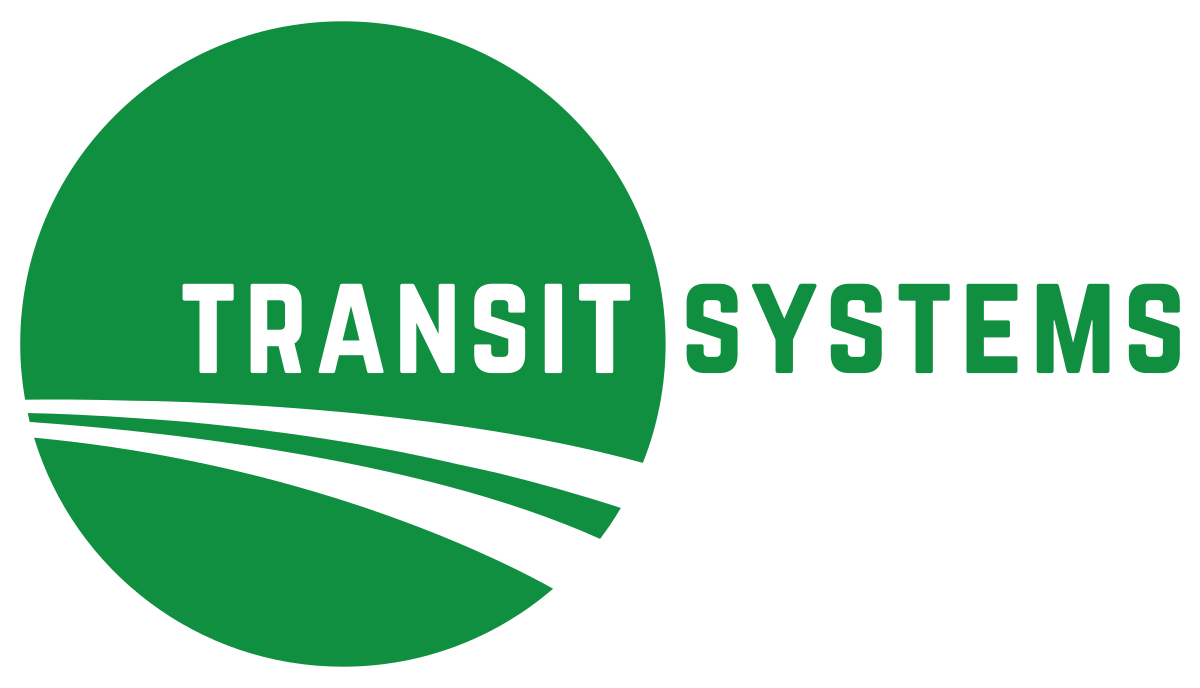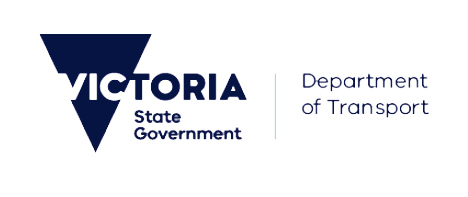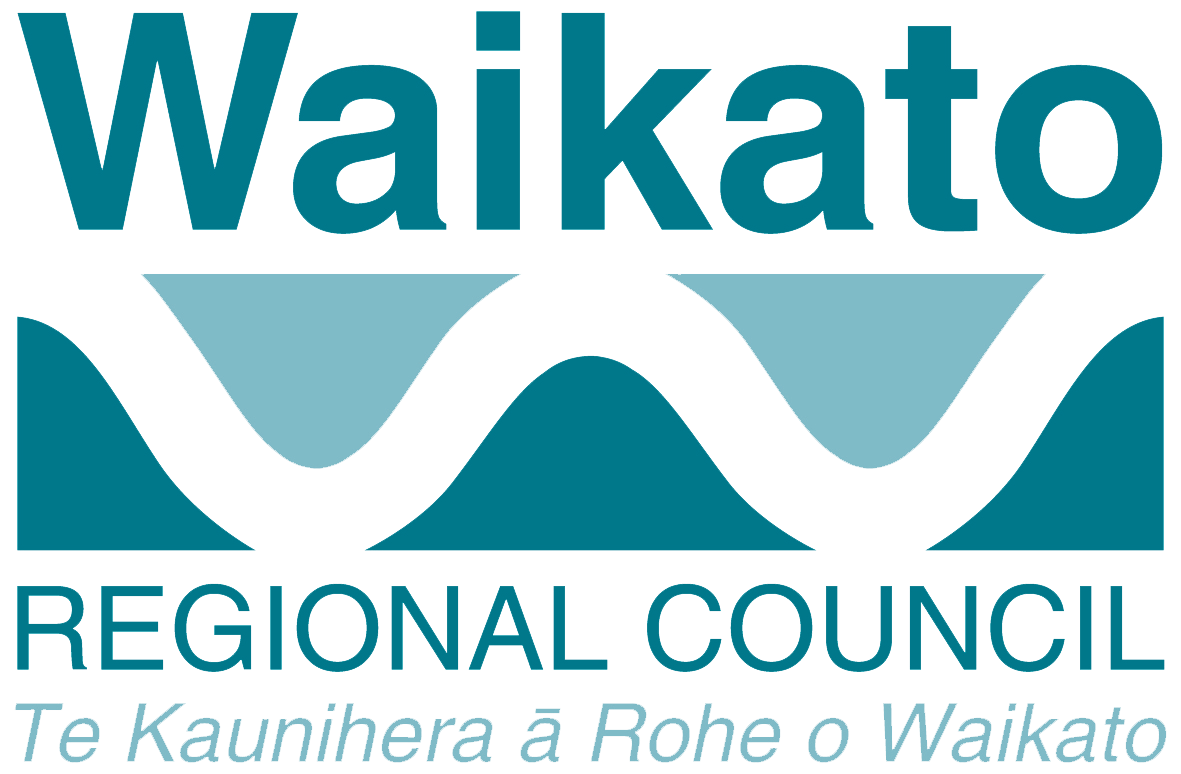Project Description

Railtrack, the former rail owner in the United Kingdom, conducted a process to assess options for infrastructure improvements to enhance throughput and increase operating reliability along the East Coast Main Line (ECML) from London to York to Edinburgh. The line operated a highly complex timetable, with service along and across the corridor provided by a number of private operators.
Working with Transportation Management & Design and Flour Corporation, Phillip Boyle provided technical expertise to the York-based Programme Management Team (PROMT), which was responsible for the East Coast Main Line upgrade. The project aimed to support line upgrades and network refranchising to assist the regulator.
Highlights
Phillip Boyle and the TMD and Flour Corporation team provided a range of solutions to identify the best six infrastructure projects, some of which have since been implemented. In particular, we undertook an innovative platform unitisation for Kings Cross Station, which guided the final platform solution.
Scope of Works
Key Tasks
Phillip Boyle’s role centred on providing advice as to whether the proposed infrastructure improvements would provide the additional or necessary capacity increases to achieve Railtrack’s required outcomes. Issues analysed by Phillip Boyle during the upgrade included:
- Signalling options
- Track layouts
- Platform capacities and use
- Train operating speeds
- Passenger–freight train interaction
- Service stopping patterns.
Key Challenges
The scale and complexity of the ECML operation provided numerous challenges for the operational planning tasks. The UK’s intercity rail network includes a range of different service types covering a highly complex interrelated network.
The commercial nature of the Railtrack contracts, through which ‘slots’ are sold to operators, meant that optimal planning had real commercial benefits.
The integration of operational planning with commercial imperatives for the infrastructure projects presented a further set of challenges, as options for proposed infrastructure had to be robustly assessed for likely benefits.
The contractual arrangements were also highly complex (one main player operated the London–Edinburgh line, while other franchises operated along the ECML or crossed it) and imposed constraints on solutions.






